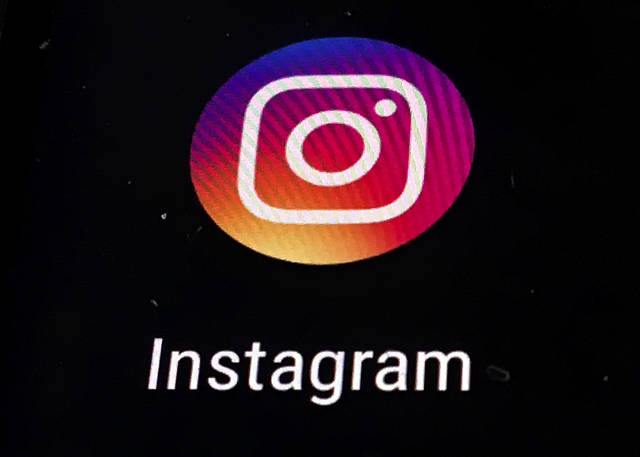JAKARTA, Indonesia — An Instagram account that published comic strips depicting the struggles of gay Muslims in Indonesia has disappeared following a frenzy of outrage online in the world’s biggest Muslim nation.
The Ministry of Communications said the account under the username Alpatuni was pornographic, a violation of a law on information and electronic transactions. In a statement Wednesday, the government said Instagram had “fulfilled” its request made in a warning letter for the account to be removed.
Instagram, however, said it had not removed the account. The company said there were many reasons an account may no longer be accessible, including the account holder deleting it, deactivating it or changing the username.
The comics depicted gay characters facing discrimination and abuse, which has become increasingly common in Indonesia since late 2015 when conservative politicians and religious leaders began a campaign of portraying lesbian, gay, bisexual and transgender people as a threat.
Local media, quoting the communications minister, reported that the ministry would block Instagram in Indonesia if the Alpatuni account wasn’t removed.
The government frequently threatens to block Western social media and internet companies for content deemed illegal but has never taken such measures, possibly fearful of a public backlash due to the huge popularity of the services with Indonesians. In 2017, it briefly and partially blocked the Telegram messaging app because of its failure to remove groups linked to violent jihad.
An account with the name Alpatuni on Facebook, which owns Instagram, was also no longer accessible, nor was another with the same name on Twitter.
Facebook is regularly in the crosshairs of regulators, rights groups and the public as it tries to balance what CEO Mark Zuckerberg has called “giving people a voice” and demands for censorship of content posted on the Facebook, Instagram and WhatsApp services.
The company’s policy is to abide by local laws, so it may make certain posts, accounts or other content unavailable in countries where they would be illegal. For example, Holocaust denial is illegal in Germany, but not in the U.S., so people in Germany could have such posts blocked, while people in the U.S. could continue to see it. But this does not appear to have been the case here.
Instagram’s content guidelines, published in Indonesian, say the service is a mirror of the diversity of the community.
Facebook, according to its latest government transparency report, restricted 153 posts and other items from its services in Indonesia in the first six months of 2018, the latest period available. These included alleged violations of laws related to hate speech, promotion of regulated goods, extremism, trading in endangered species and blasphemy. Before 2018, the company had restricted only a single post, in 2016.
Human Rights Watch’s Indonesia researcher, Andreas Harsono, criticized the government’s demands that the account be blocked.
“That account describes mostly the problems of gay individuals in Indonesia. It’s no secret that many LGBT individuals are arrested, their houses raided, some are sentenced to prison terms,” he said. “The Indonesian government does not help them in demanding the removal of that account.”
The communications ministry said it appreciated that members of the community reported the gay Muslim account, which “accelerated” its removal.
Some Indonesian netizens congratulated the ministry. On Twitter, Fahmi Alfansi Pane, a policy analyst at the Indonesian parliament, thanked officials for “acting decisively” to protect public morality but also told The Associated Press he had never seen the comics.
———
AP Technology Writer Barbara Ortutay contributed to this story from New York.
———
This story has been corrected to delete references to Instagram removing the account.



